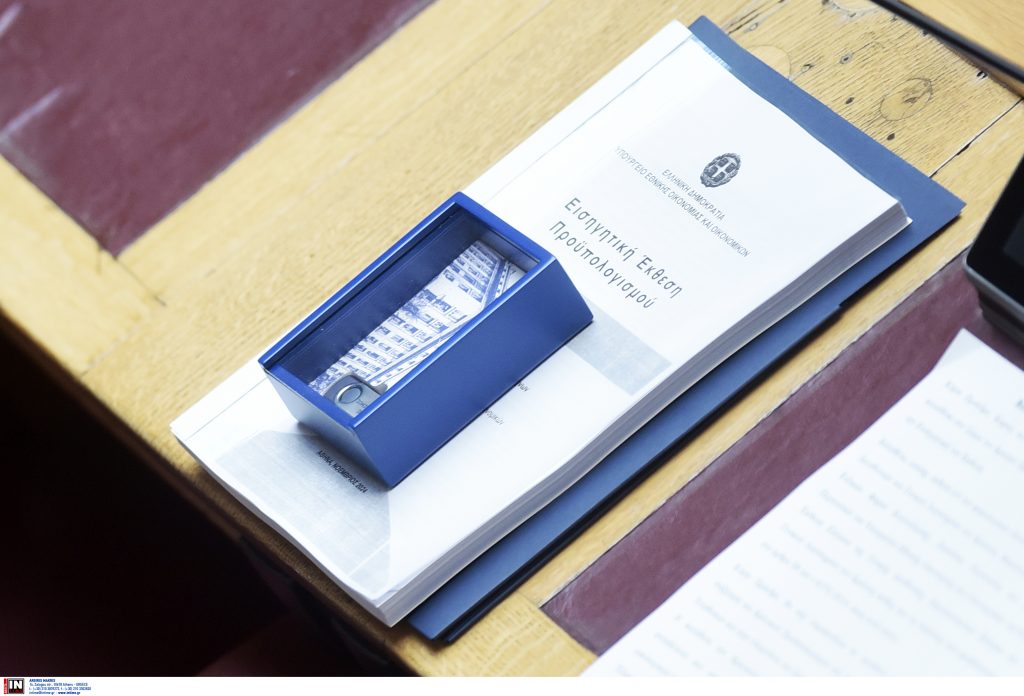Center-left party PASOK is looking to posit an alternative plan for Greece’s budget, set to be debated on the parliament floor this week.
The party has introduced an amendment aiming to target opaque charges and ban fees from banks.
The amendment specifically looks to ban banking fees for:
- Account maintenance and management.
- Issuing or reissuing debit/credit cards or PINs.
- E-banking setups.
- Reviewing loan applications or debt settlement requests.
- Providing basic documents like loan agreements, progress updates, and debt certificates.
- Canceling unauthorized transactions or facilitating interbank payments for utilities.
The amendment specifies that banks must disclose and explain all fees, specifying whether they are for operational costs or services.
In the amendment, PASOK states that many of these charges and fees have been found unfair or exploitative by courts yet remain in practice.
The prelude to their amendment states: “In an extremely difficult situation for consumers, the banks, taking advantage of their position and power, insufficient competition and inadequate supervision in the protection of consumers’ interests, do not hesitate either to seek to further increase their profit margins, even in loan agreements or to speculate on commissions, increasing their level, or discovering new reasons to charge fees to the detriment of consumers and businesses.”
They write that Greek banks have seen a 44% increase in net fee income from 2020 to 2023 and that in the first nine months of 2024, the net fee income of the four systemic banks was over €1.5 billion.
This amendment comes as part of PASOK’s broader strategy to present itself as a people-focused yet pragmatic political alternative to New Democracy. Recent polls show PASOK’s growing support, with a reported voting intention of 15.9%, up by 0.6%. The gap with New Democracy has narrowed to only 8.1%. At the moment PASOK leads among centrist voters, with 35% compared to New Democracy’s 20%.






